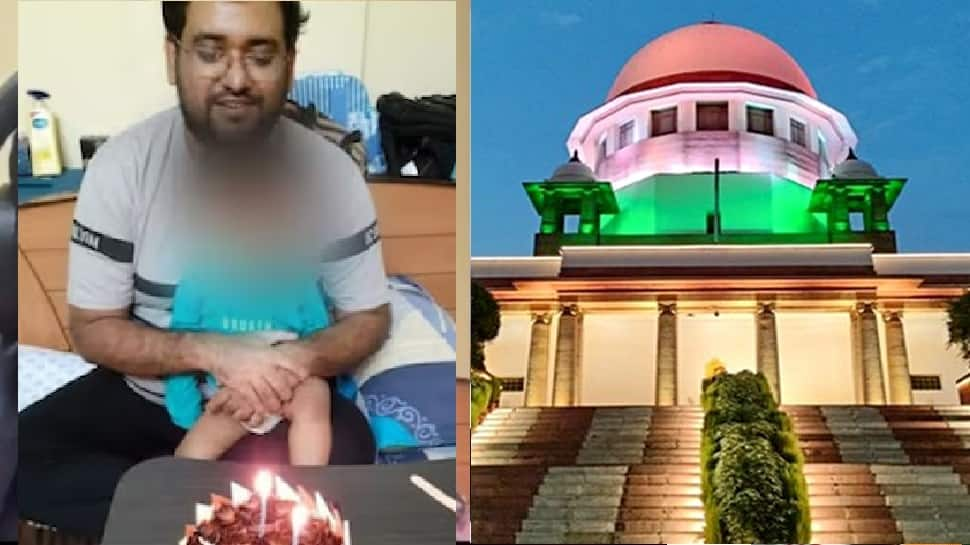 |
|
The Supreme Court of India recently concluded a high-profile custody case involving the four-year-old son of deceased Bengaluru techie, Atul Subhash. The case, which garnered significant media attention, centered on a habeas corpus petition filed by the child's grandmother, Anju Devi, seeking custody from her daughter-in-law, Nikita Singhania. The legal battle unfolded against the backdrop of Atul Subhash's tragic suicide, leaving behind a detailed suicide note and video accusing his estranged wife and her family of harassment and false accusations that he claimed led to his death. This tragic event formed the heartbreaking foundation of the subsequent custody dispute, highlighting the complexities of family law and the profound impact of domestic disputes on innocent children.
The proceedings began with a direct order from the Supreme Court bench, comprising Justices BV Nagarathna and Satish Chandra Sharma, demanding the presentation of the child before the court. This unprecedented step underscores the court's commitment to ensuring the well-being of the minor. The child, appearing via video link for the first time, was observed by the justices. This visual confirmation of the child's wellbeing, following concerns raised by the grandmother about the child's whereabouts and schooling, was a crucial element in the court's decision-making process. The fact that the child had reportedly withdrawn from school in Haryana further emphasized the necessity for the court to intervene and directly assess the situation.
The court's decision to grant custody to Nikita Singhania, the child's mother, was based on a comprehensive evaluation of the presented evidence and the justices' direct interaction with the child. While Anju Devi, the grandmother, had argued that her daughter-in-law was not being transparent about the child's location and well-being, the court ultimately deemed her plea insufficient to warrant a change in custody. The court's rejection of the grandmother's petition, following a previous dismissal on January 7th where she was deemed a 'stranger to the child', provides a decisive resolution to this emotionally charged legal battle. This highlights the court's cautious approach to altering existing custodial arrangements, especially when the child's current environment appears to be reasonably stable and nurturing.
The case also raises broader questions about the Indian legal system's response to domestic violence and the challenges in protecting vulnerable individuals, particularly children, caught in the crossfire of contentious relationships. Atul Subhash's suicide note serves as a chilling reminder of the potential consequences of unchecked domestic disputes and the urgent need for comprehensive measures to prevent such tragedies. The legal implications of the suicide note and video, which laid out serious accusations against Nikita Singhania and her family, remain a significant aspect of the case. Further investigation or legal actions based on these allegations may be considered separately, independent from the primary custody dispute that the Supreme Court has now resolved.
The Supreme Court's handling of this sensitive case demonstrates the careful balance the judiciary must strike between legal processes and the protection of vulnerable children. The decision, though conclusive for the immediate custody arrangement, leaves lasting questions about the preventative measures that could be implemented to mitigate similar situations in the future. The case serves as a stark reminder of the devastating impact of domestic violence and the crucial role of the legal system in ensuring the safety and well-being of children involved in such situations. The case highlights the complexities of family law and the judiciary's responsibility to consider the best interests of the child above all else, even amidst emotional and deeply personal circumstances.
Source: Atul Subhash's Son Produced Before Supreme Court For First Time; Custody Given To...
